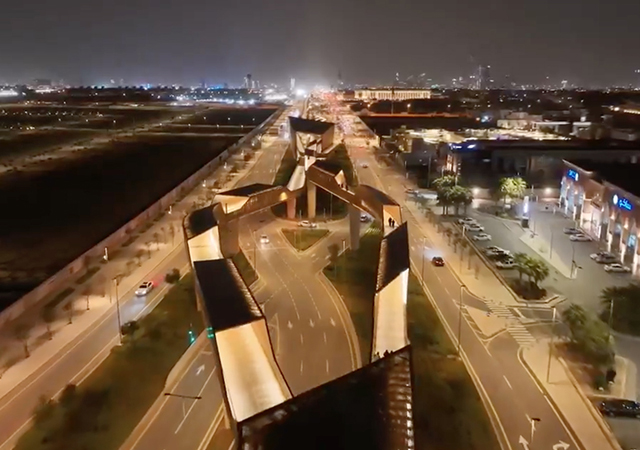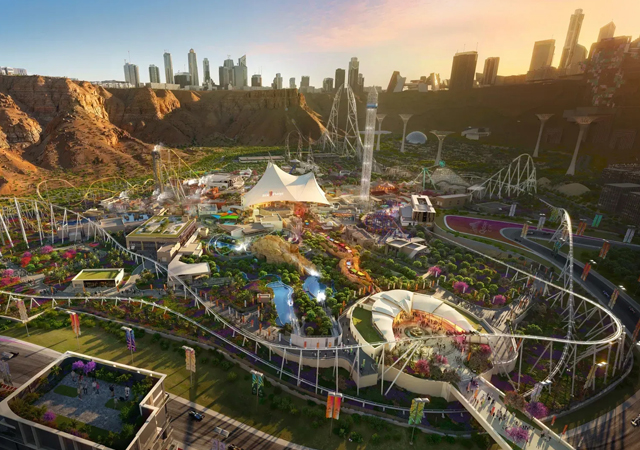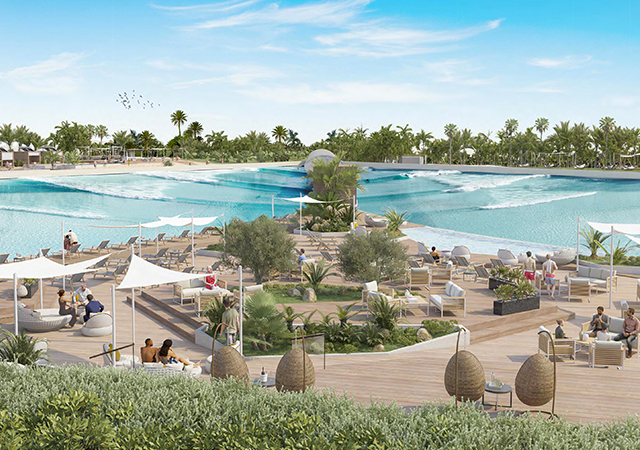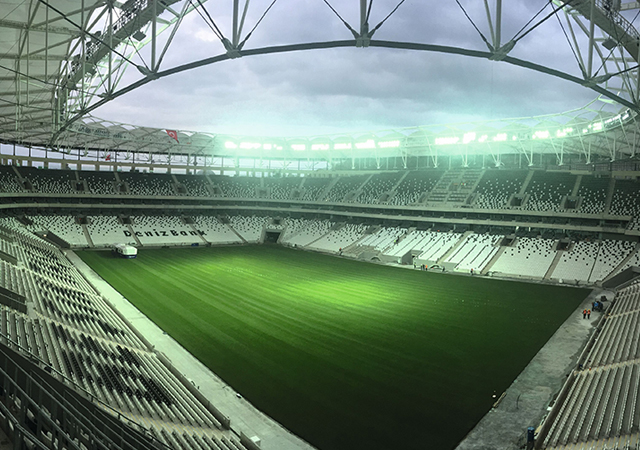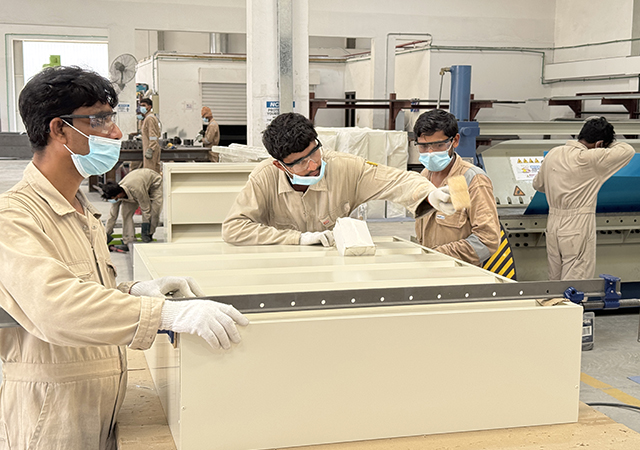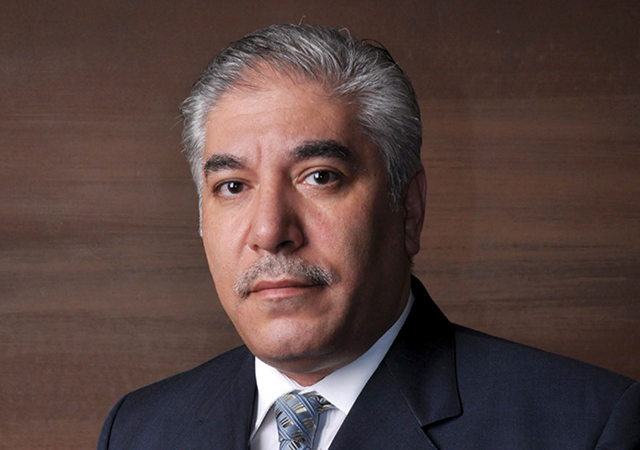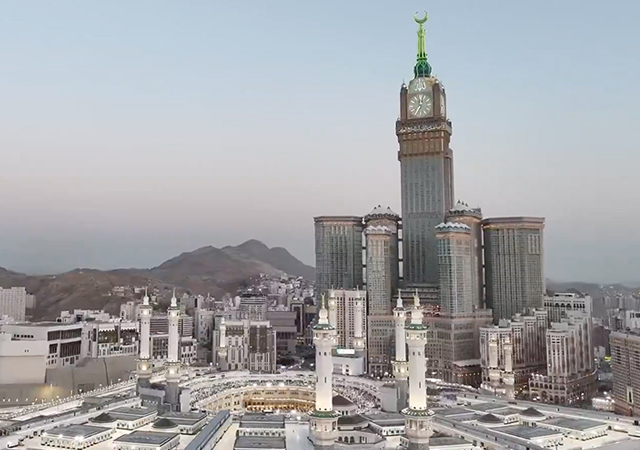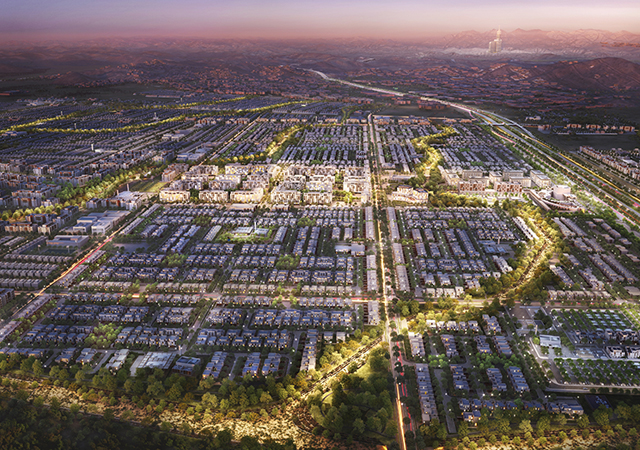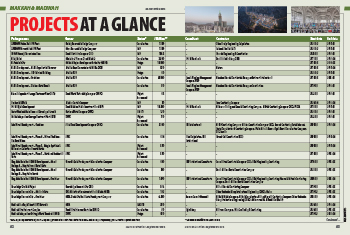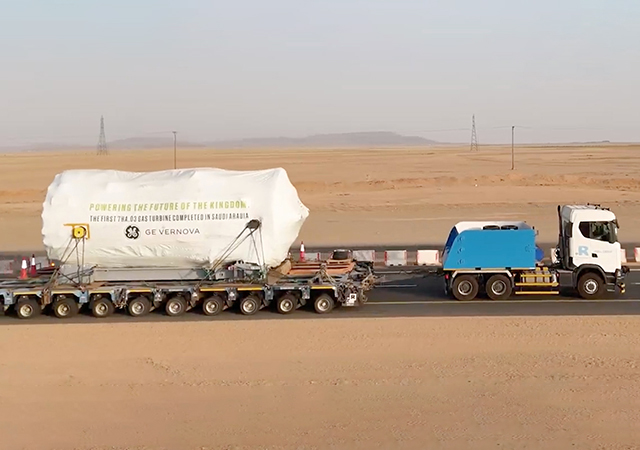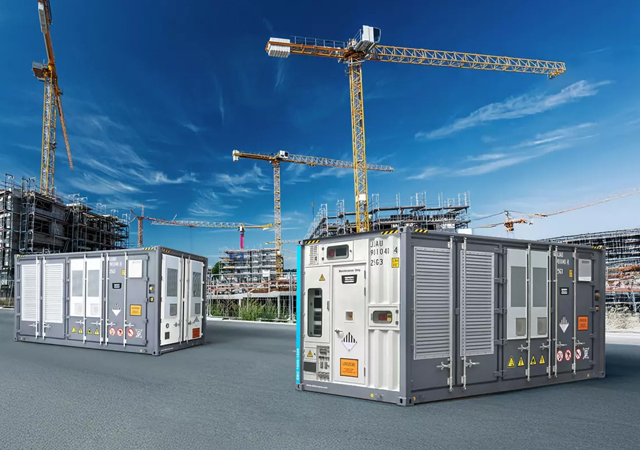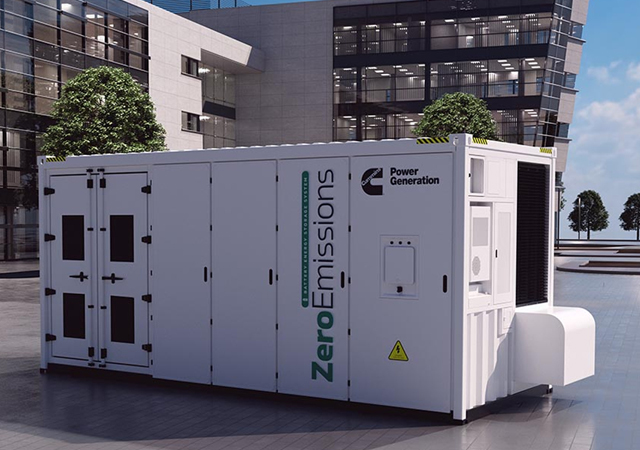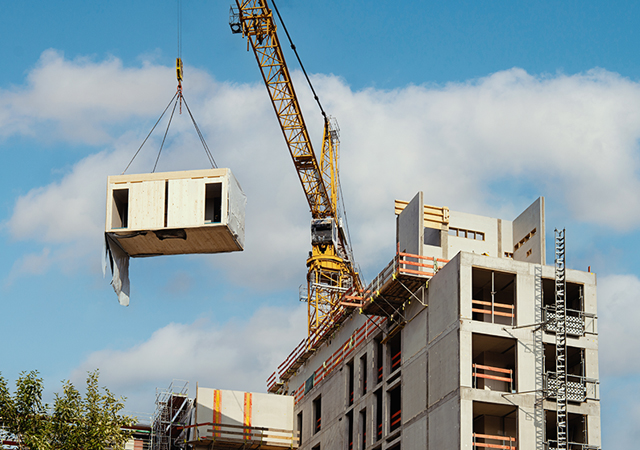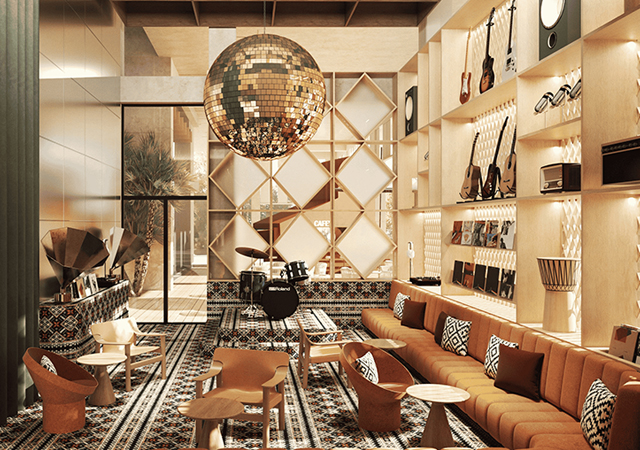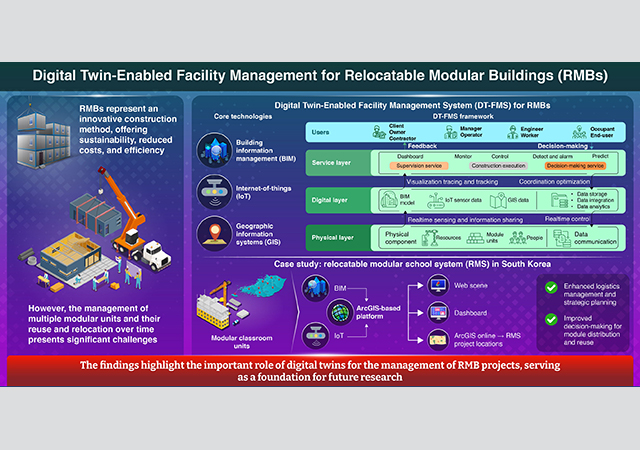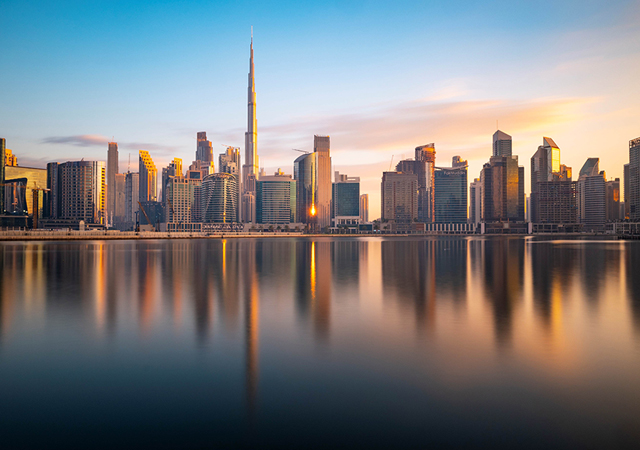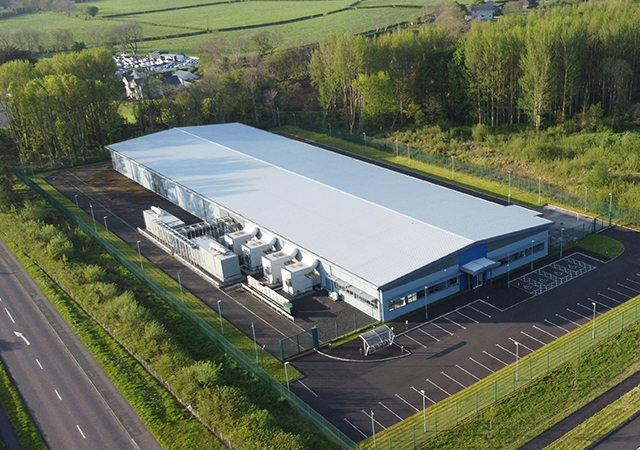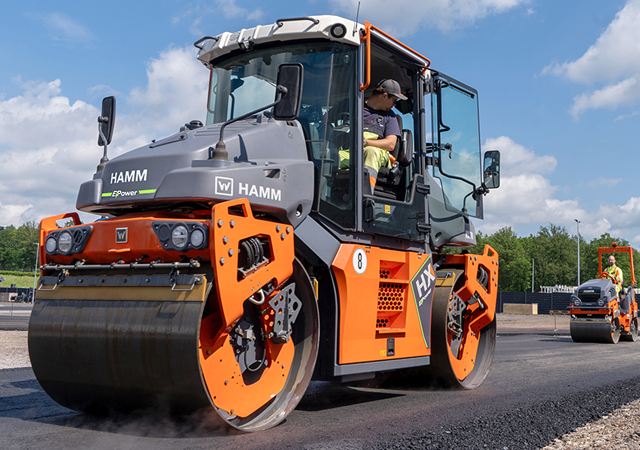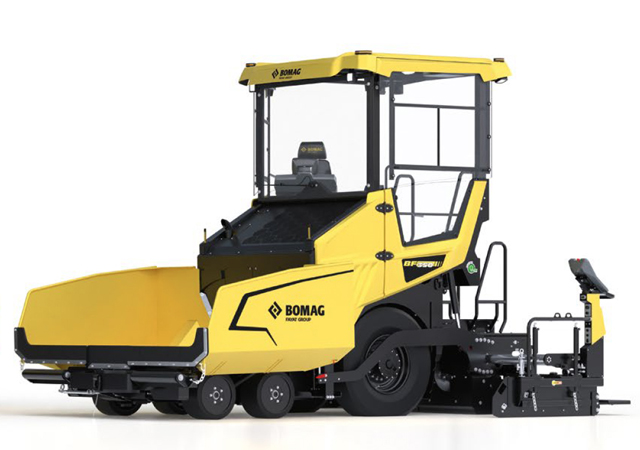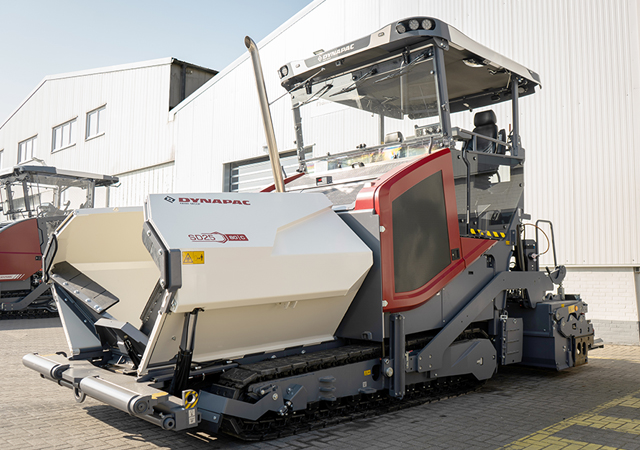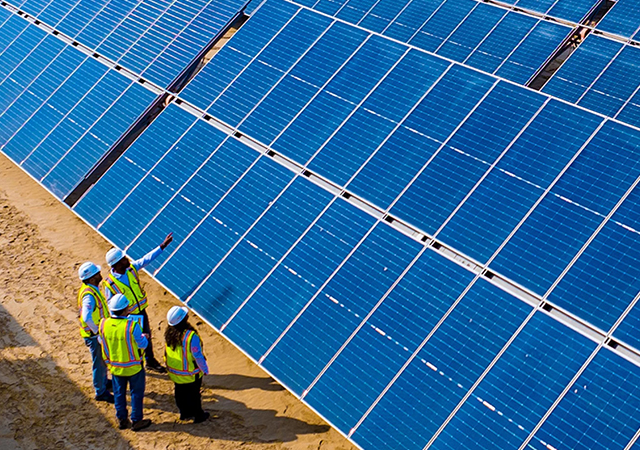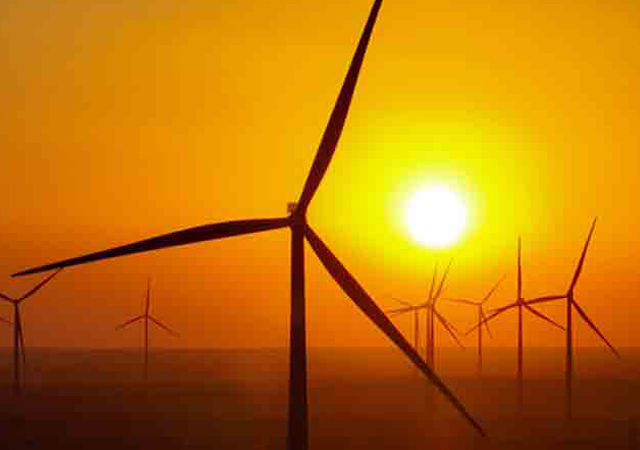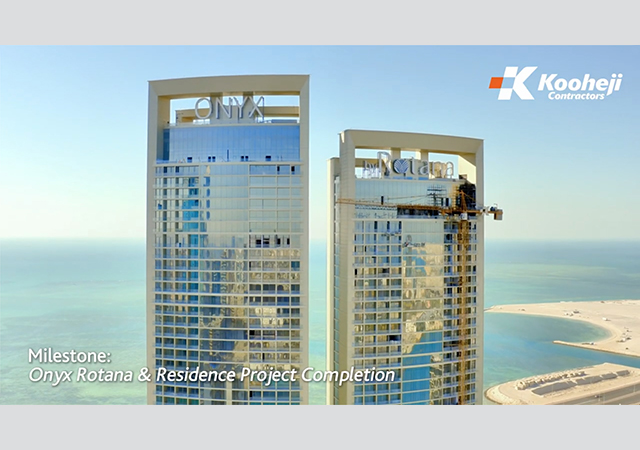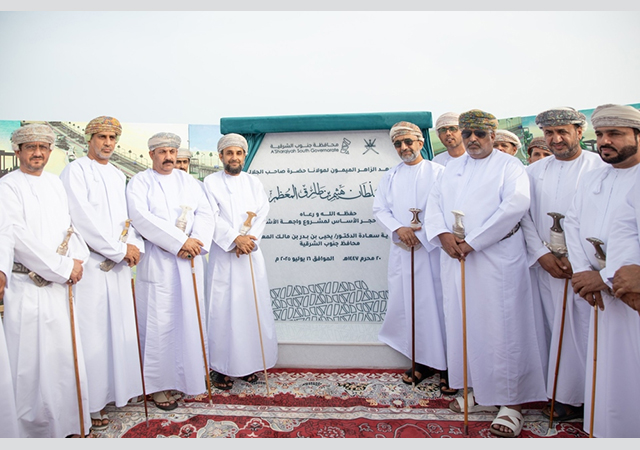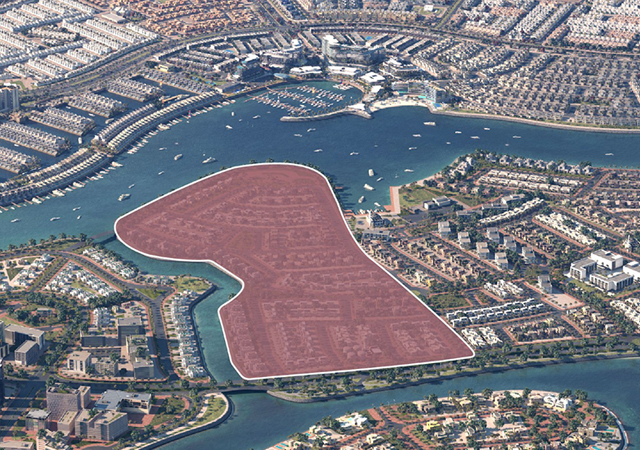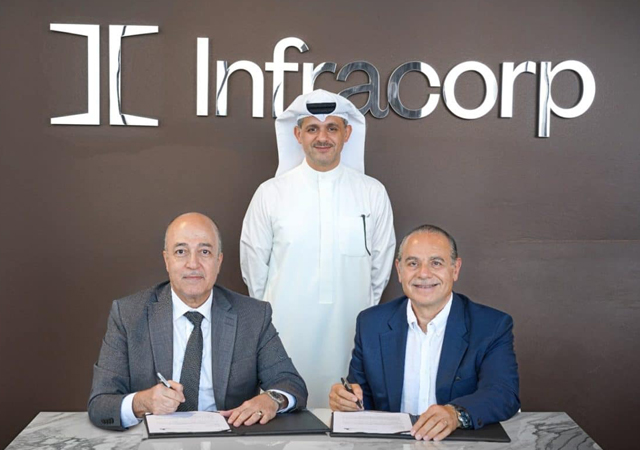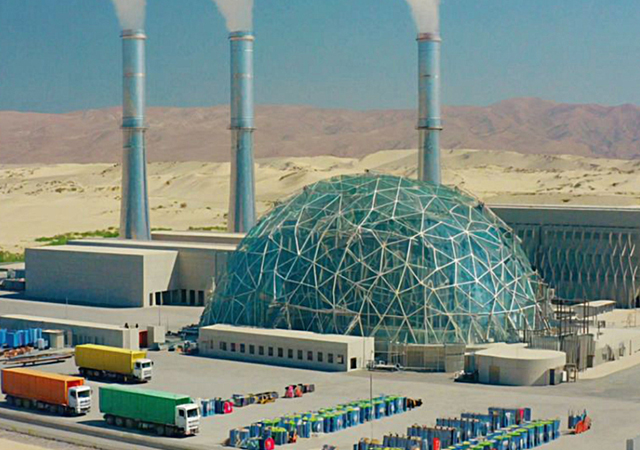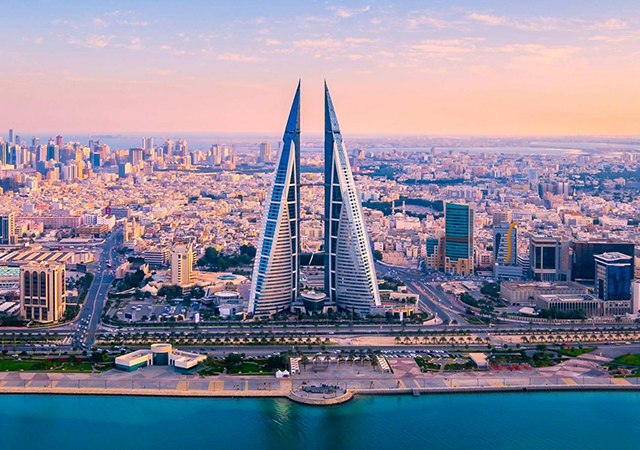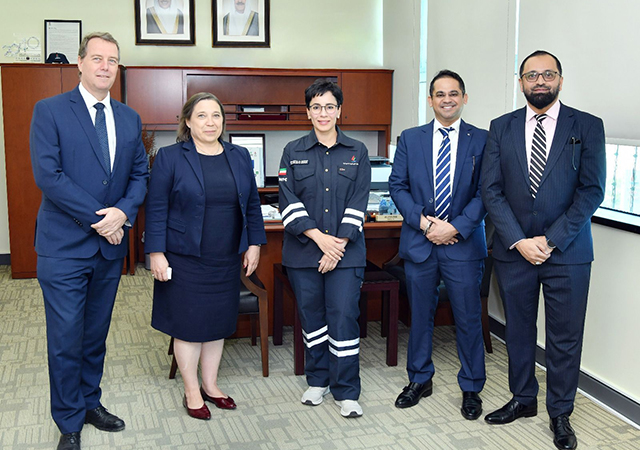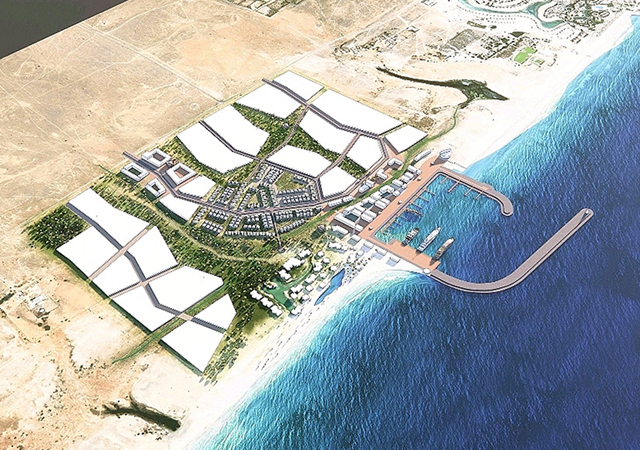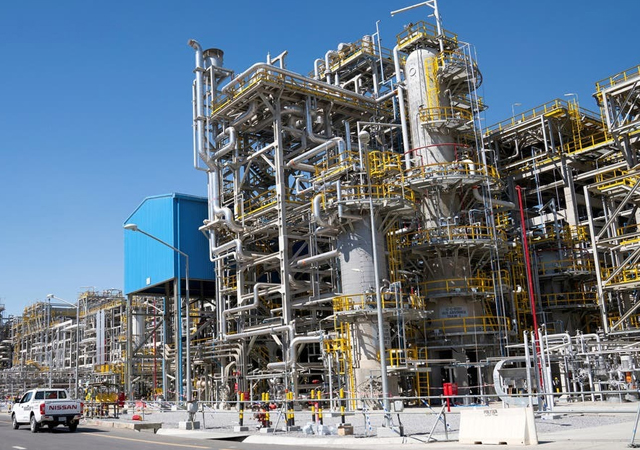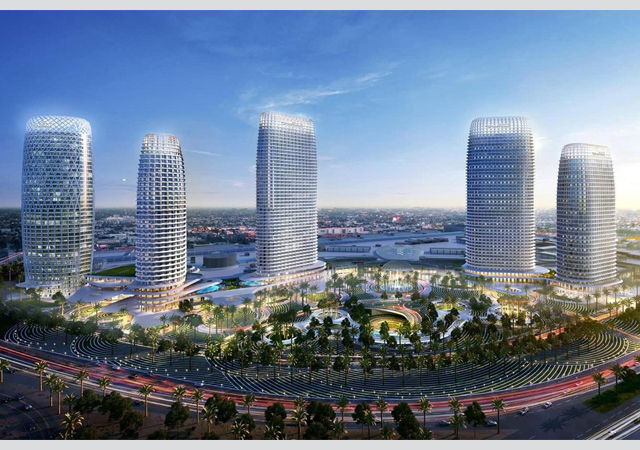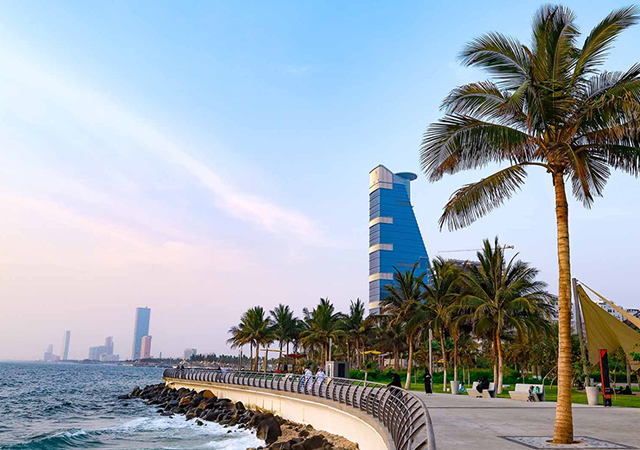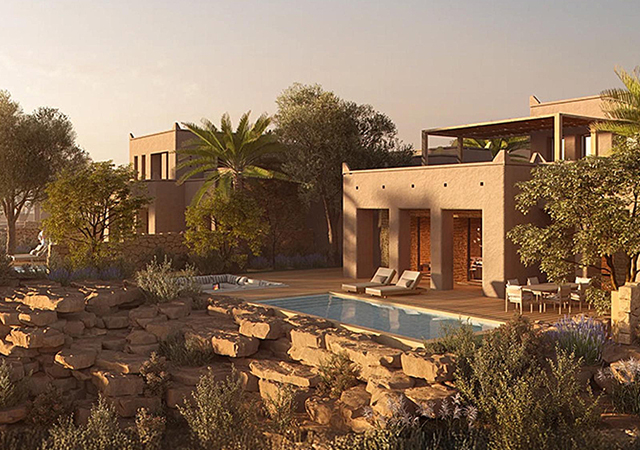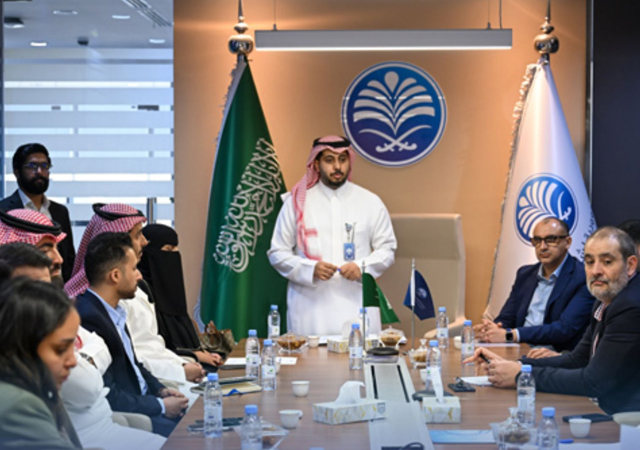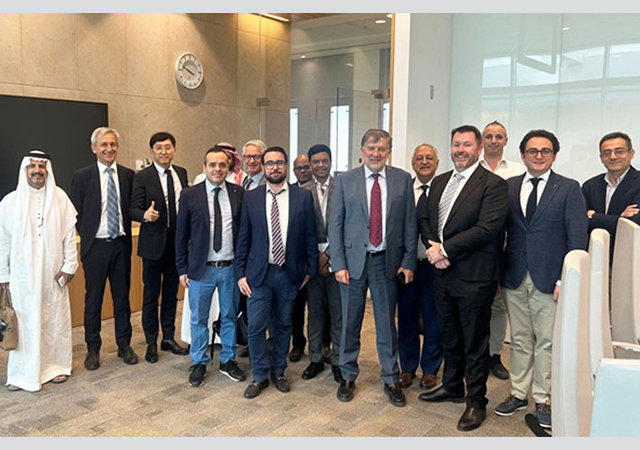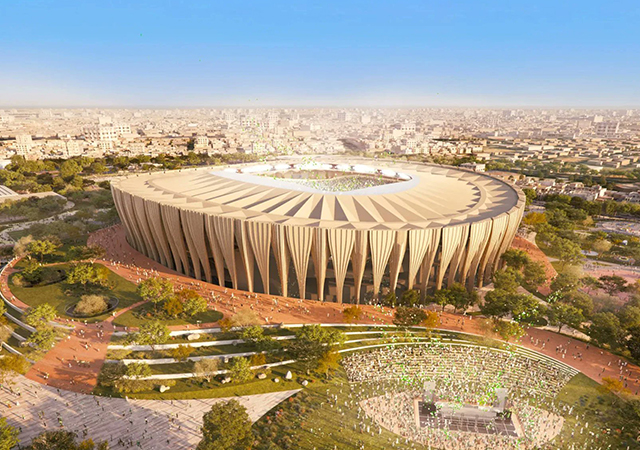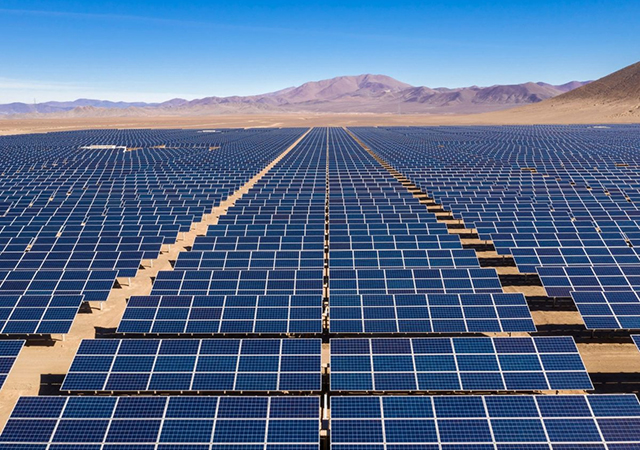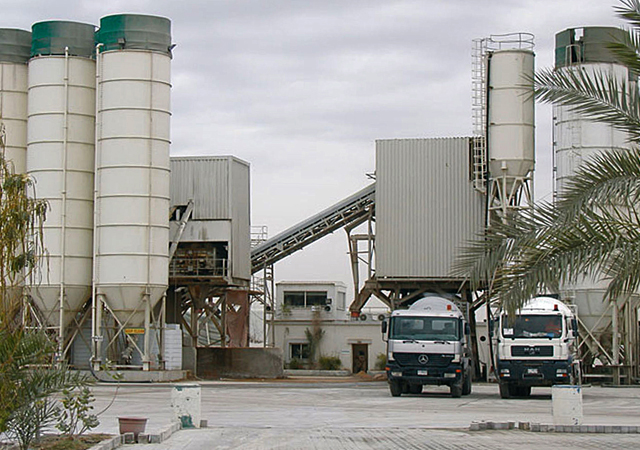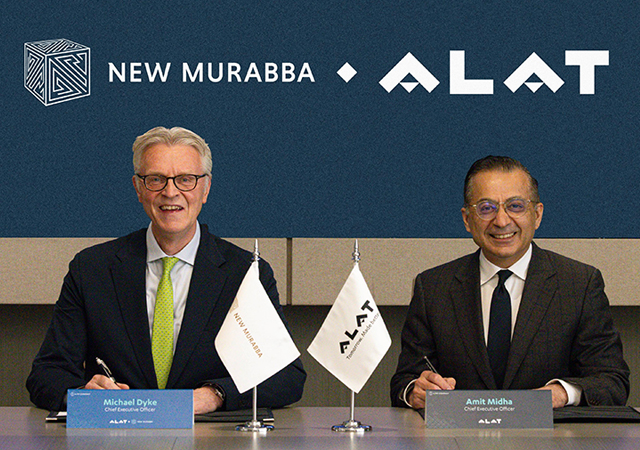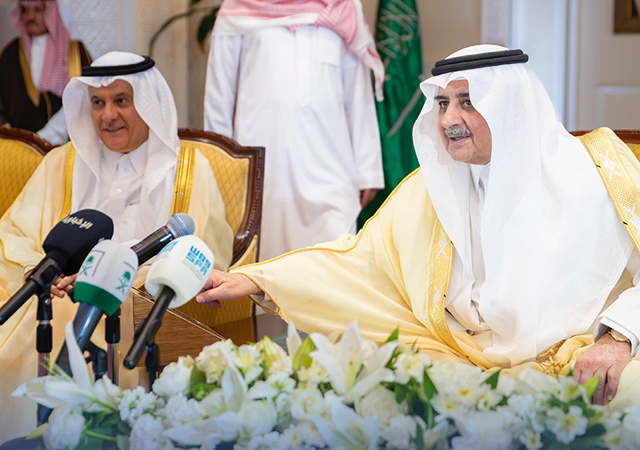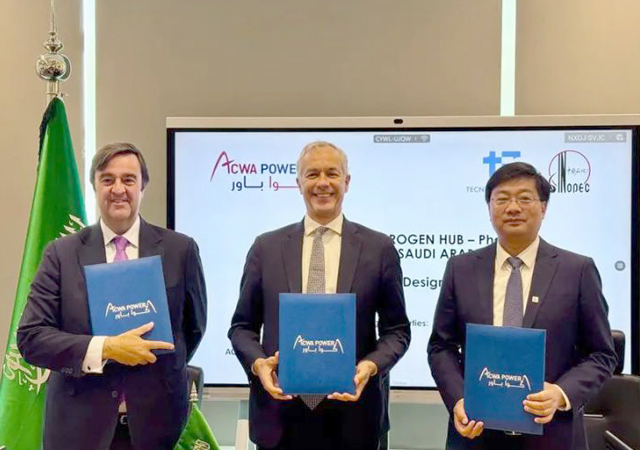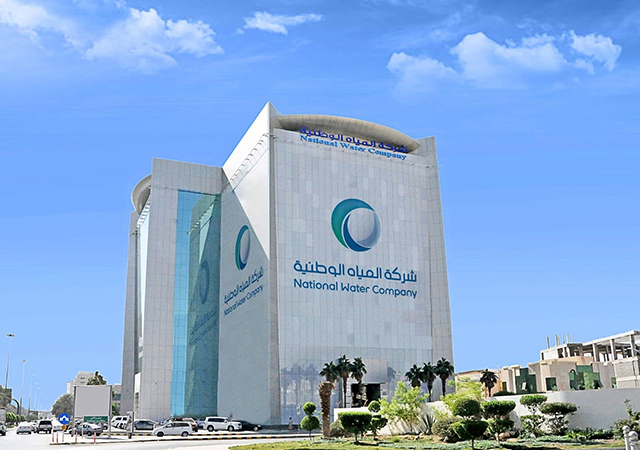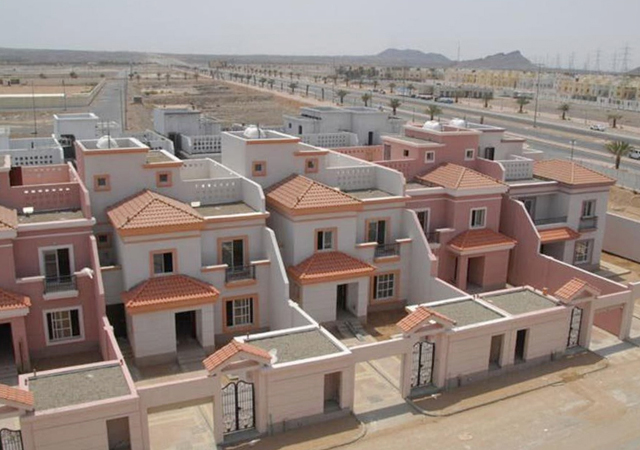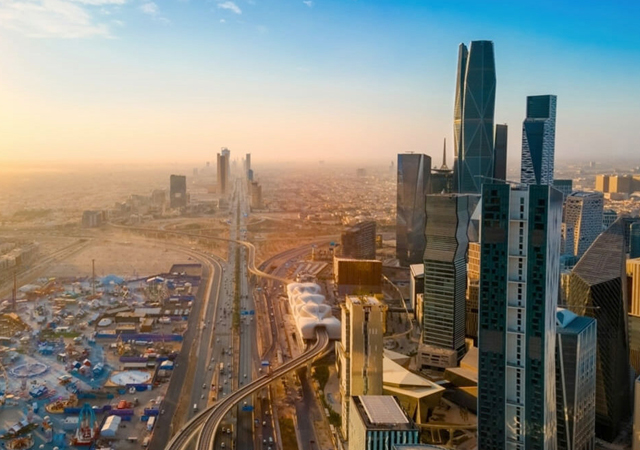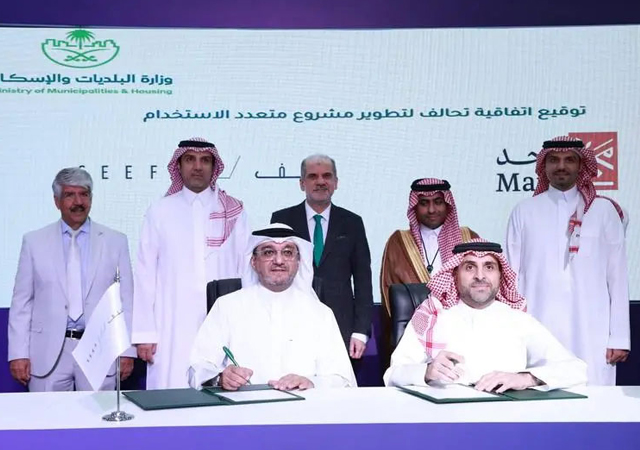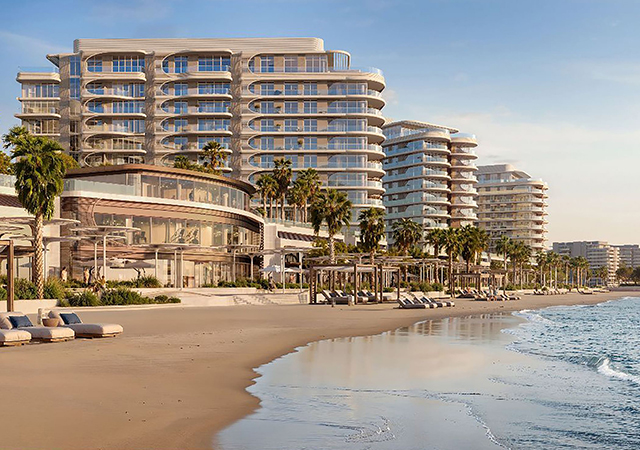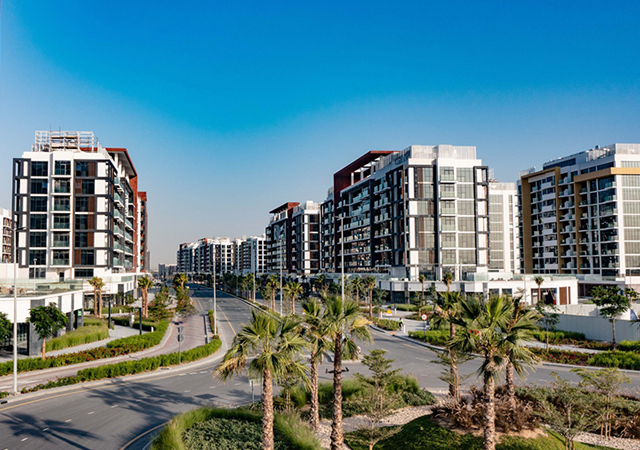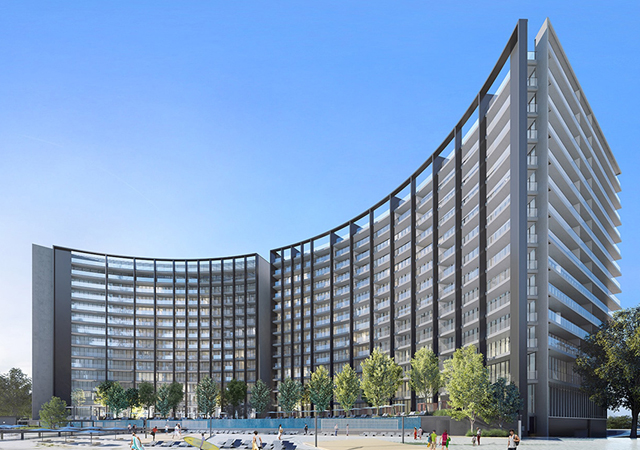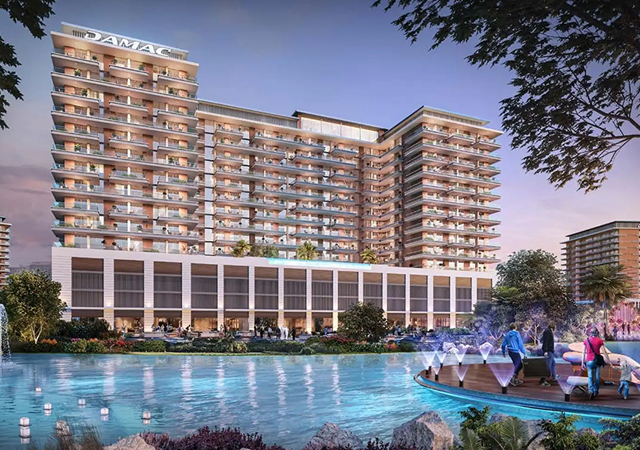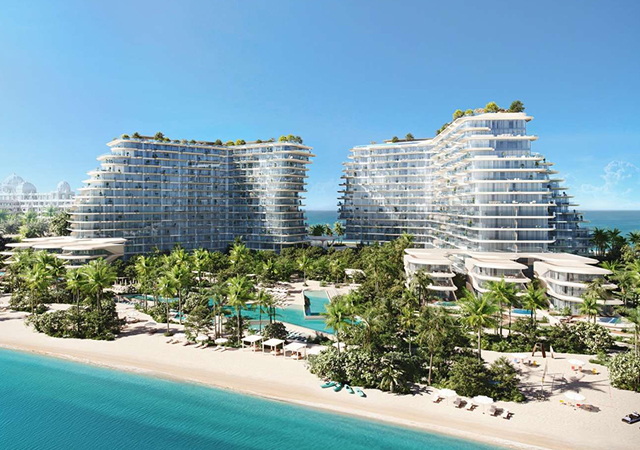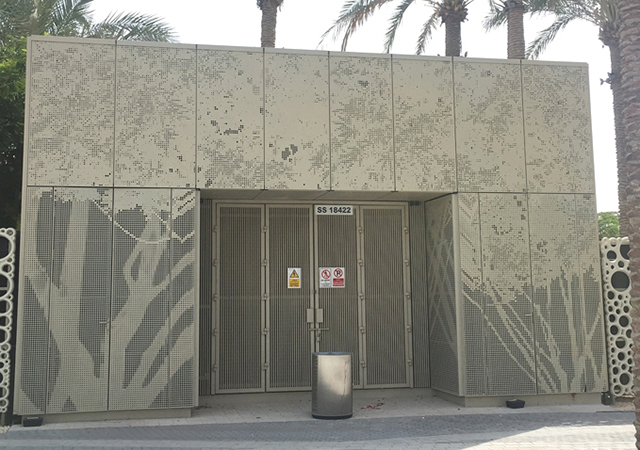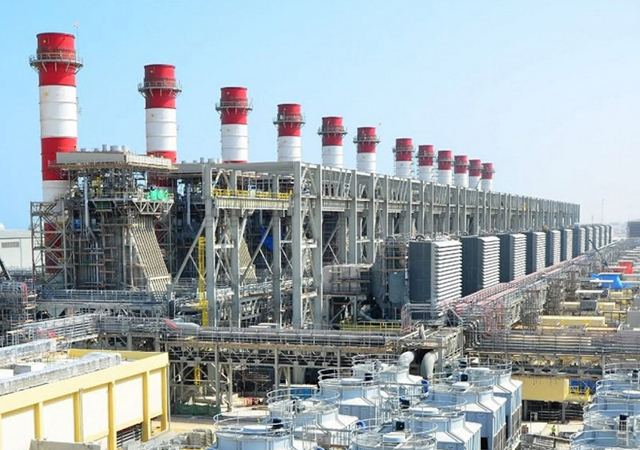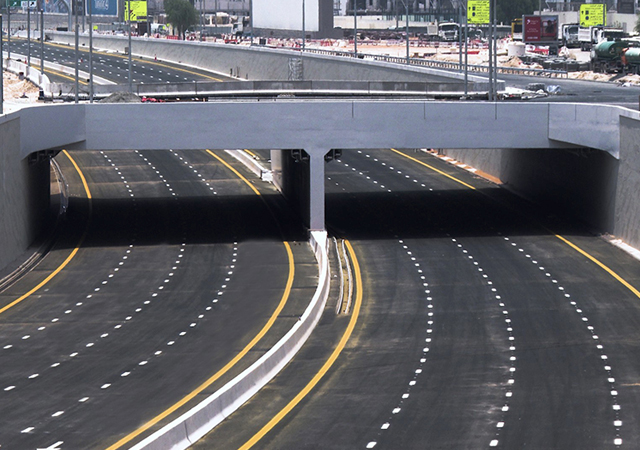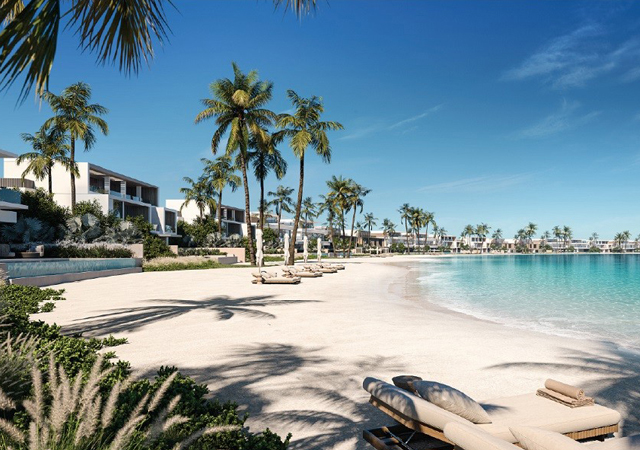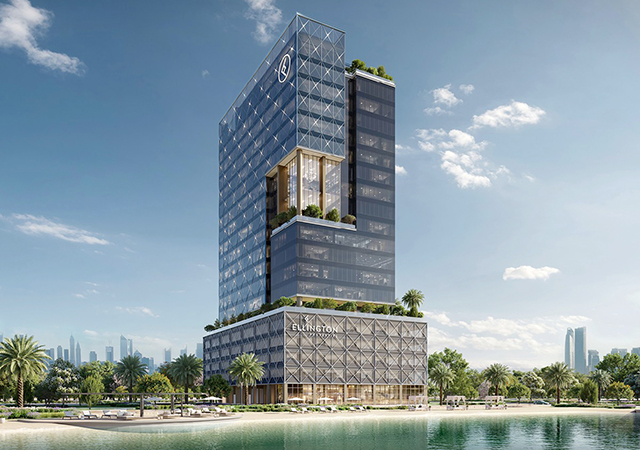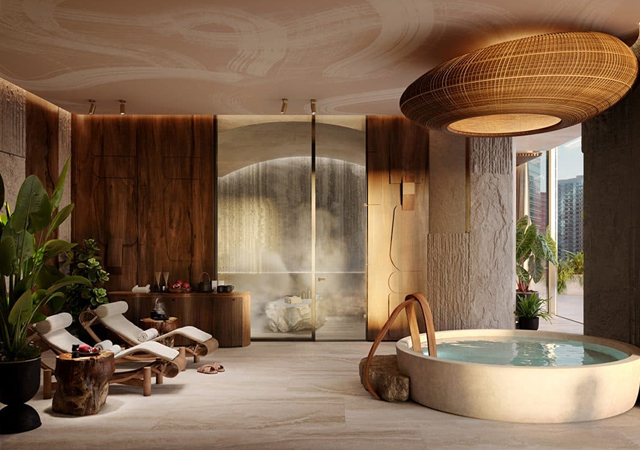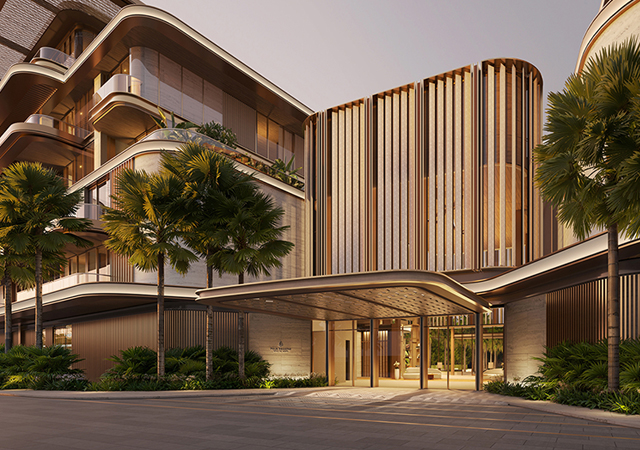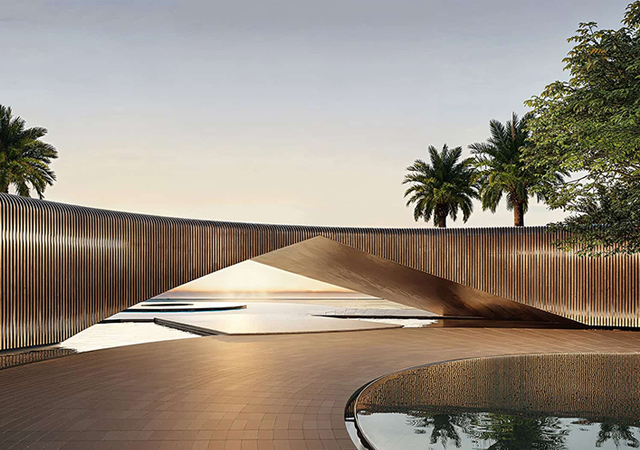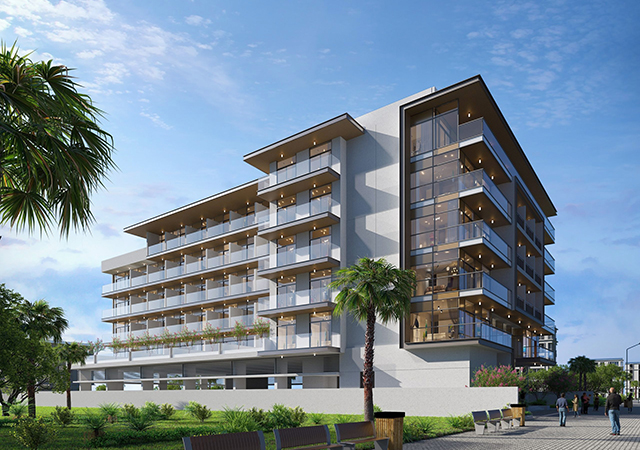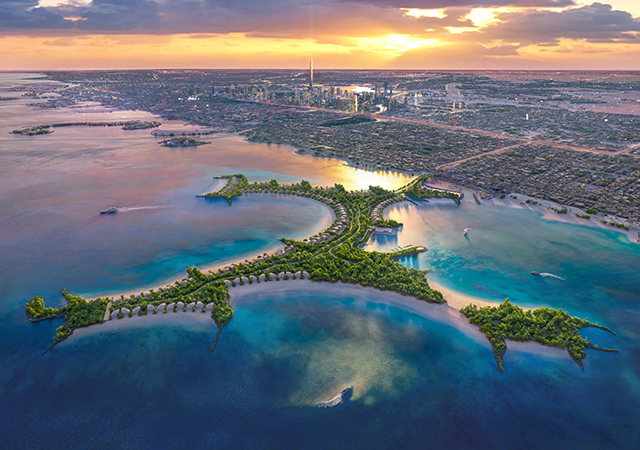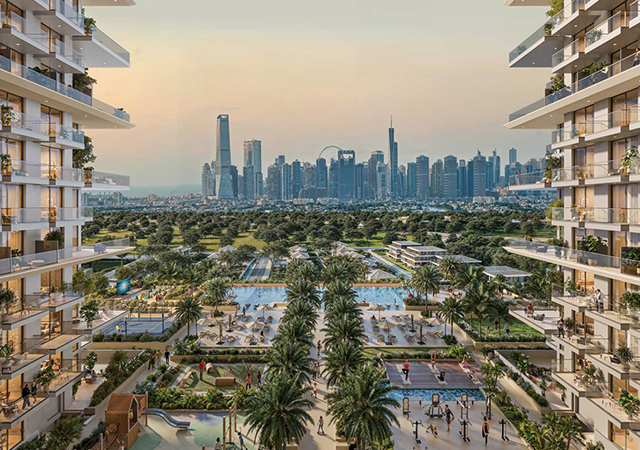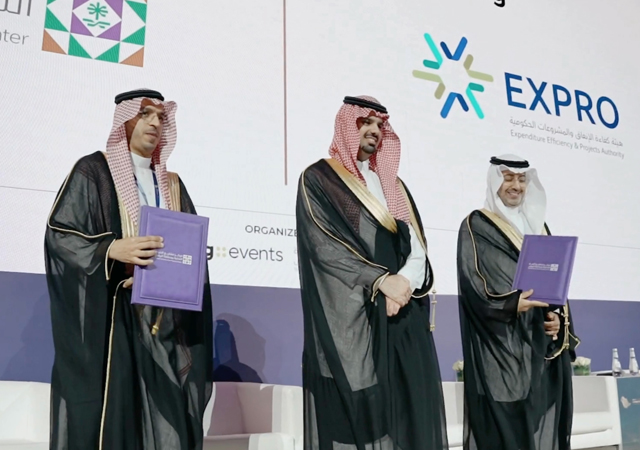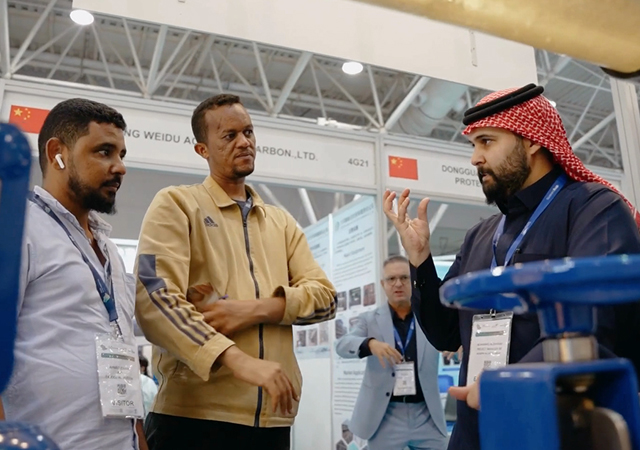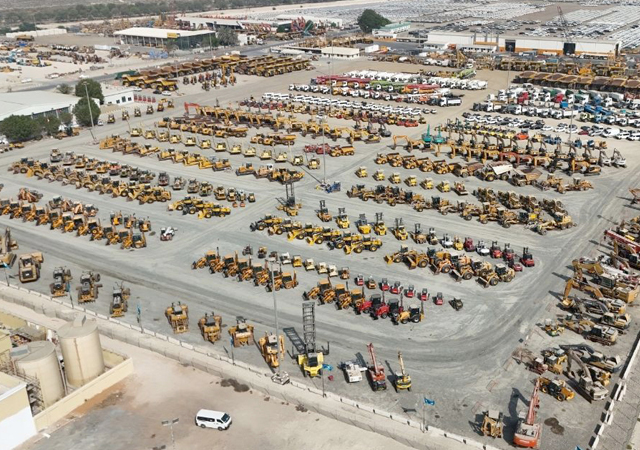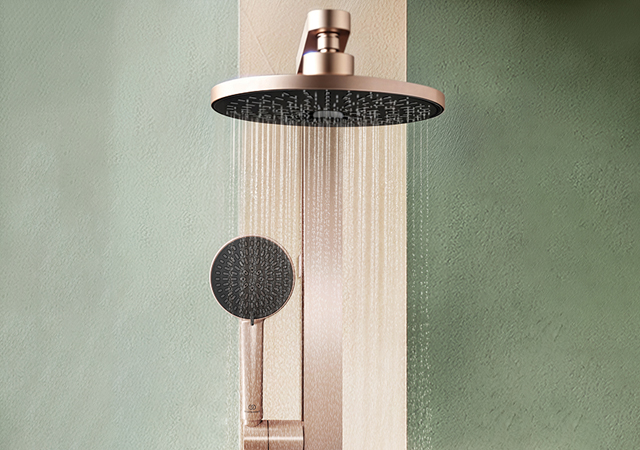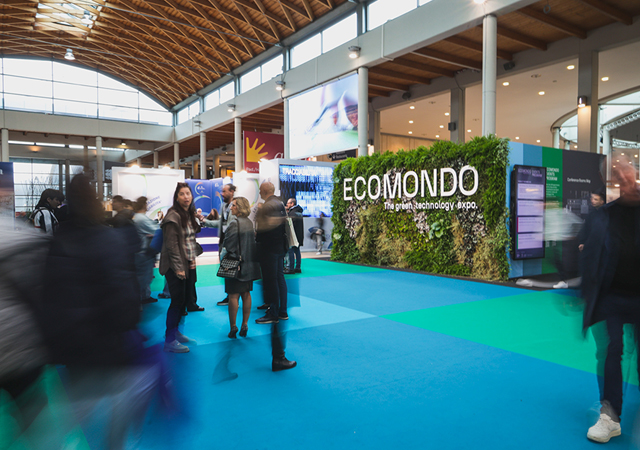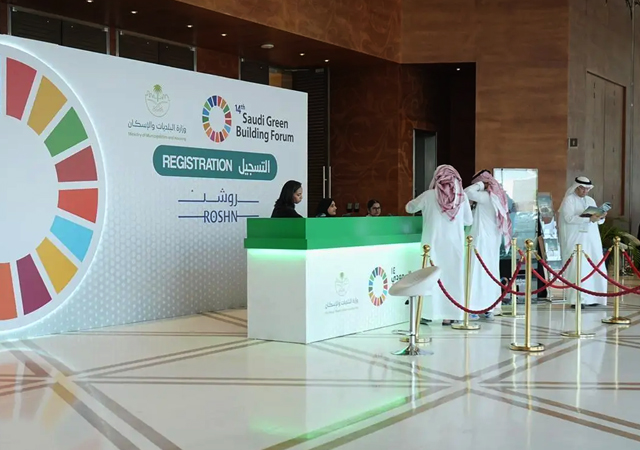

While Dubai is pushing ahead with mega projects which are shaping into mini-cities, engineering firms should look at the macro-level and investigate how the resources of these developments can be conserved or re-utilised to enhance their economic viability, says Khaled Bushnaq, managing director of Energy Management Services (EMS)-Emirates.
Energy-efficiency, wastewater treatment, reclamation of garbage and lighting are important areas, which require a serious rethink to achieve major savings for the benefit of the community, he says.
EMS provides an energy management, conservation and smart property system, which offers developers and tenants the ability to save costs and run their communities more efficiently, he adds.
Bushnaq cites the following benefits offered by the EMS system:
- 20 per cent average savings of total annual energy costs with a payback period of around 3.5 years;
- Improved control and comfort;
- Higher efficiency;
- Less maintenance; and
- Guaranteed savings.
“Although incorporating energy saving techniques may involve higher investment, it also results in less capacities and fewer units, hence immediate capital savings during the construction stage and savings during the operational stage,” he points out.
EMS looks at the macro as well as the micro-level of a project, providing value engineering, energy and electromechanical management services, right from the individual rooms to the entire housing unit and to the entire community, he says.
According to a study by the American Society of Heating, Refrigeration and Air-conditioning Engineers (Ashrae) on the lifecycle costs of a building over a 40-year period, construction accounts for just 11 per cent of the costs while a whopping 50 per cent goes into the operation of the building, he points out.
“It is very important that the market realises the after-occupancy costs of a building,” Bushnaq emphasises.
Energy is the largest operational cost of a building and 65 per cent of upper management personnel in various companies consider energy their least controllable cost, he points out.
Established in 1991, EMS has been active in the UAE, Saudi Arabia, Qatar, Bahrain and Jordan and uses Canadian technology to achieve these energy savings. The Dubai operation, established in 1997, works with existing facilities and conducts an audit/diagnostic survey on the type of lux, chiller capacity and status and the external envelope.
“The results of our studies reveal that we can achieve 20 per cent savings in energy costs, without affecting the operational conditions,” he says. “The client is offered two options when he chooses to adopt the EMS service, one of which entails that we finance the cost of our energy-saving schemes. In the landlord’s books, the project finances itself. The client starts seeing cost savings within four months of implementing the system and these savings can be achieved for at least another 12 years.”
Bushnaq points out that the company guarantees the savings.
“Over the years, EMS has learned a lot about the experience of a building,” he says. “We started getting involved from the design stage of a building, offering value engineering services. The company has drawn up from the existing buildings an energy unit index for the region, which is twice the international average indicating the high consumption per capita. But this figure can be avoided at the design stage, or reduced substantially if an energy programme was incorporated in existing buildings.
“EMS has used such energy solutions many times in UAE buildings and abroad, hence we are willing to invest our money on the client’s behalf. We have been in the market for 14 years and have knocked on doors, but now people have started calling us.”
Bushnaq is quick to point out that saving energy does not imply any inconvenience to users.
“All the energy saving techniques that we use are from international firms, tested all over the world. What we have done is combined them properly into one solution to optimise energy use and achieve savings,” he says.
The system achieves a reduction of energy cost used for electricity, water and gas in air-conditioning systems, lighting and power in residential and commercial towers, hotels, office blocks, governmental buildings, airports, universities, schools and industries.
Its Smart Property system combines EMS’ expertise with the latest technologies available on the market from leading international companies.
Energy-saving measures implemented in air-conditioning systems include chiller sequencing; use of heat recovery; control of excess ventilation; programmable thermostats and variable speed control on air-handling units and pumps.
To control the energy consumed for lighting, EMS uses high-efficiency lamps and fixtures, intelligent lighting controls; control of excess lighting and occupancy sensors.
“For instance, elegant reflectors can be used to reduce the actual number of lamps by 50 per cent while maintaining lighting levels, colour and general aesthetics,” he points out.
Some of the measures ulitised by EMS to control power consumption are solar water systems, heat pumps and power co-generation.
In the water sector, aerators and adaptors, wastewater treatment plants and recycling plants play a major role in conserving consumption.
The new equipment installed is hidden on roof or plant rooms. It does not affect the aesthetics of building and the tenants will not be aware of the conversion.
Commenting on the awareness for the need to introduce energy-conservation measures, Bushnaq says: “The market is not mature but there are encouraging signs. There is now increasing awareness of the need to conserve energy. Last year, Dubai Electricity and Water Authority (Dewa) launched its energy conservation programme and Dubai has recently made insulation mandatory in new buildings. Governments in the region are realising that they are facing a serious problem. There will be a switch – people cannot ignore consumption any more. And with all the developments coming up are creating competition in the market, people will look for who can provide the best at the least price.”
“Projects such as The Palm will put an enormous pressure on the utilities, and while Dewa is obviously taking this into consideration, engineering firms should help the government in reducing energy consumption, not only for the sake of the environment but for the profitability of the developments,” he emphasises.
EMS counts among its clients leading names in the property sector including Emaar, Dubai Marina, Dubai World Trade Centre, Union Properties, JW Marriott, Aviation Club, Al Bustan Rotana Hotels, and Abu Dhabi National Hotels Company.



